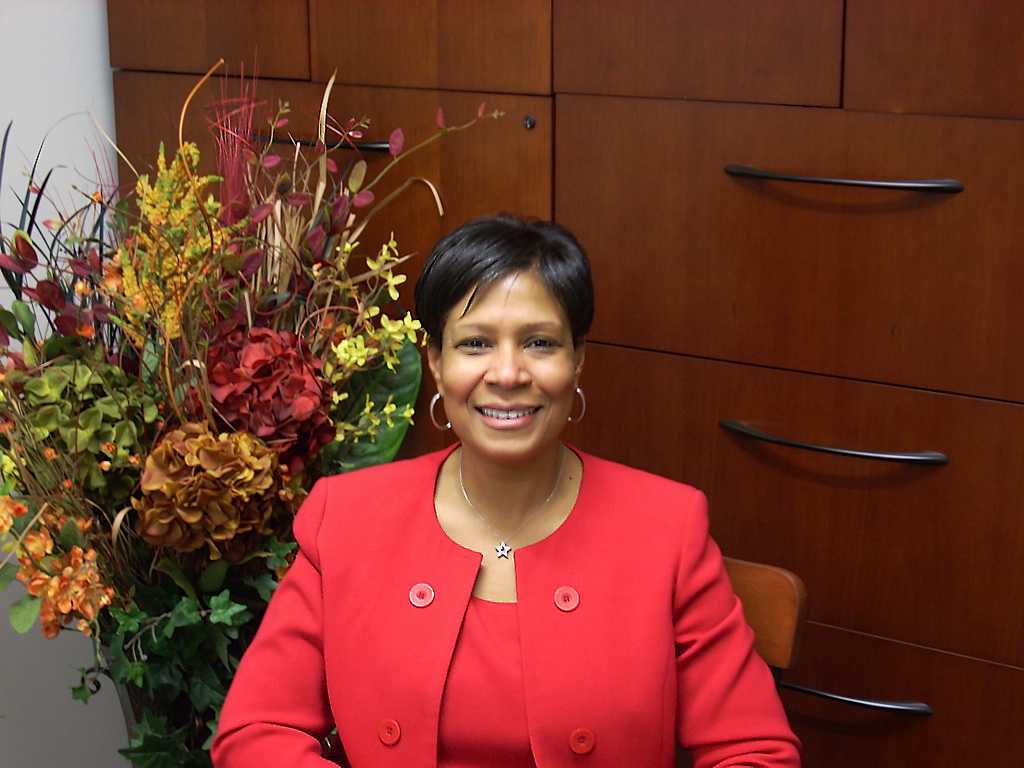
The University selected a current Ivy League administrator to assume the role of vice provost for diversity and inclusion, a position created last year to spearhead GW’s attempt to attract students and employees from more diverse backgrounds.
Dr. Terri Harris Reed – who currently serves as vice provost for institutional equity and diversity at Princeton University – said she will implement a strategy in line with the University’s aspirations for diversity that’s responsive to the needs and concerns of the community.
She said she views “a diverse and inclusive university” as one with individuals from different backgrounds and different experiences who can have meaningful interactions with one another to thrive and learn from each other.
Reed said a college campus is filled with people who tend to only interact with individuals similar to themselves, something she will try and break down in her role at the University.
“You have to intentionally create partnerships with student organizations, create joint activities that bring together people who might not normally come together,” she said.
In terms of what GW is specifically lacking in diversity and inclusion, Reed said she needs to wait until she arrives in May “to get a sense from the key constituents and what they think is lacking.” She officially begins her stint at GW May 23.
“By creating the position obviously the president and the provost think there is some room for growth,” Reed said. “I would imagine that it’s in all the area…in terms of representation and in terms of climate.”
She said the first thing she will do when she arrives at GW will be to seek out those who champion diversity on campus and equip them with the tools they need to make an impact.
“Whether in a particular college or school or particular student organization or particular administrative unit, where do they need help and to spend time having conversations with people, listening to figure out how I can help,” Reed said.
Reed said she’s passionate about diversity, both personally and professionally.
“I was a first-generation college student and a person of color at traditionally white institutions, as both a student and employer,” she said. “I feel like I have a handle on both sides of the issue, experiencing being feeling not included and trying to move an institution forward.”
Reed said she also understands higher education, having spent her entire professional career in it.
“I’ve spent my entire career in higher ed in different types of institutions… I understand and appreciate that each institution is different, I wouldn’t come in and try to impose a particular approach on GW,” she said. “GW is its own institution and I appreciate that.”




